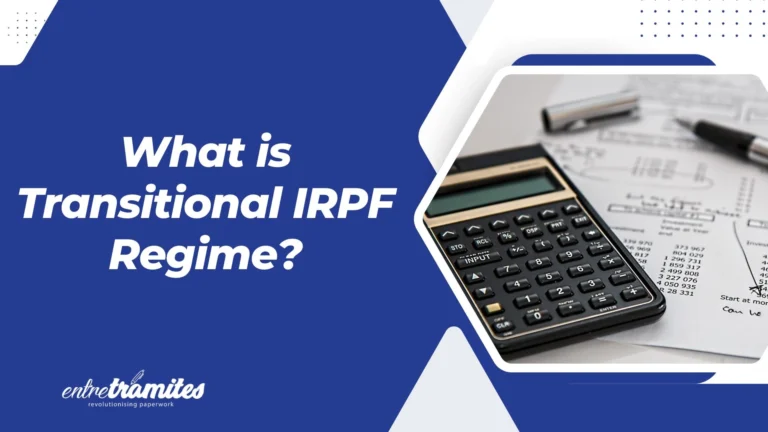Implementing a strong labor compliance program is no longer optional for businesses in Spain—it’s an essential shield. This proactive approach not only helps you meet legal requirements and avoid severe penalties but also improves your workplace environment and strengthens your corporate reputation.
What Is Labor Compliance?
Labor compliance involves creating and enforcing internal policies and procedures that ensure a company adheres to all current labor regulations. This includes the correct application of collective bargaining agreements, proper management of timekeeping records, prevention of harassment and discrimination, proper handling of contracts and payroll, and adherence to equality and work-life balance laws.
The Pillars of a Robust Labor Compliance Program
To effectively protect your business, a labor compliance program must be built on several key components:
- Risk Assessment: Conduct internal audits to identify potential vulnerabilities and areas of non-compliance within your company.
- Policy Implementation: Design and implement clear and accessible internal rules and procedures that are easy for all employees to understand.
- Ongoing Training: Provide regular training and workshops on critical topics such as occupational health and safety, equality, and data protection.
- Whistleblower Channels: Law 2/2023 in Spanish Ley 2/2023 mandates that all companies with 50 or more employees must establish secure and confidential internal reporting channels. This provides a safe way for employees to report potential misconduct.
- Regular Audits: Perform periodic internal and external audits to verify that the implemented measures are effective and up-to-date.
The Consequences of Non-Compliance
Failing to comply with labor laws can result in significant financial penalties, legal disputes, and reputational damage. For example, neglecting to implement mandatory equality plans or failing to properly manage timekeeping records has led to multimillion-euro fines for some companies in Spain. The Criminal Code also holds companies legally liable for crimes committed within their organizations unless they can prove they have an adequate prevention program in place.
Frequently Asked Questions (FAQs)
Which companies are required to have a labor compliance program? All companies in Spain are subject to labor laws and are obligated to comply with them. While a formal program isn’t explicitly mandatory for all, it is the most effective tool to prevent legal infractions.
What’s the difference between labor compliance and Occupational Risk Prevention (PRL)? PRL focuses specifically on workplace health and safety. Labor compliance is a broader discipline that encompasses all aspects of employment, including contracts, working hours, salaries, equality, and data protection.
Is it necessary to hire an external expert for this? Given the complexity of Spanish labor law, it is highly recommended to seek advice from an external labor compliance expert. They can ensure your program is effective, up-to-date, and tailored to your company’s specific needs.
A comprehensive labor compliance strategy is a smart investment that shields your business from legal risks. By proactively managing your obligations, you not only protect your finances and reputation but also build a more ethical and productive workplace.
You can also contact us directly through this contact Form for us to call you, or if you prefer, you can schedule a free consultation or write to us on WhatsApp. We’re here to make the process easier for you!.





